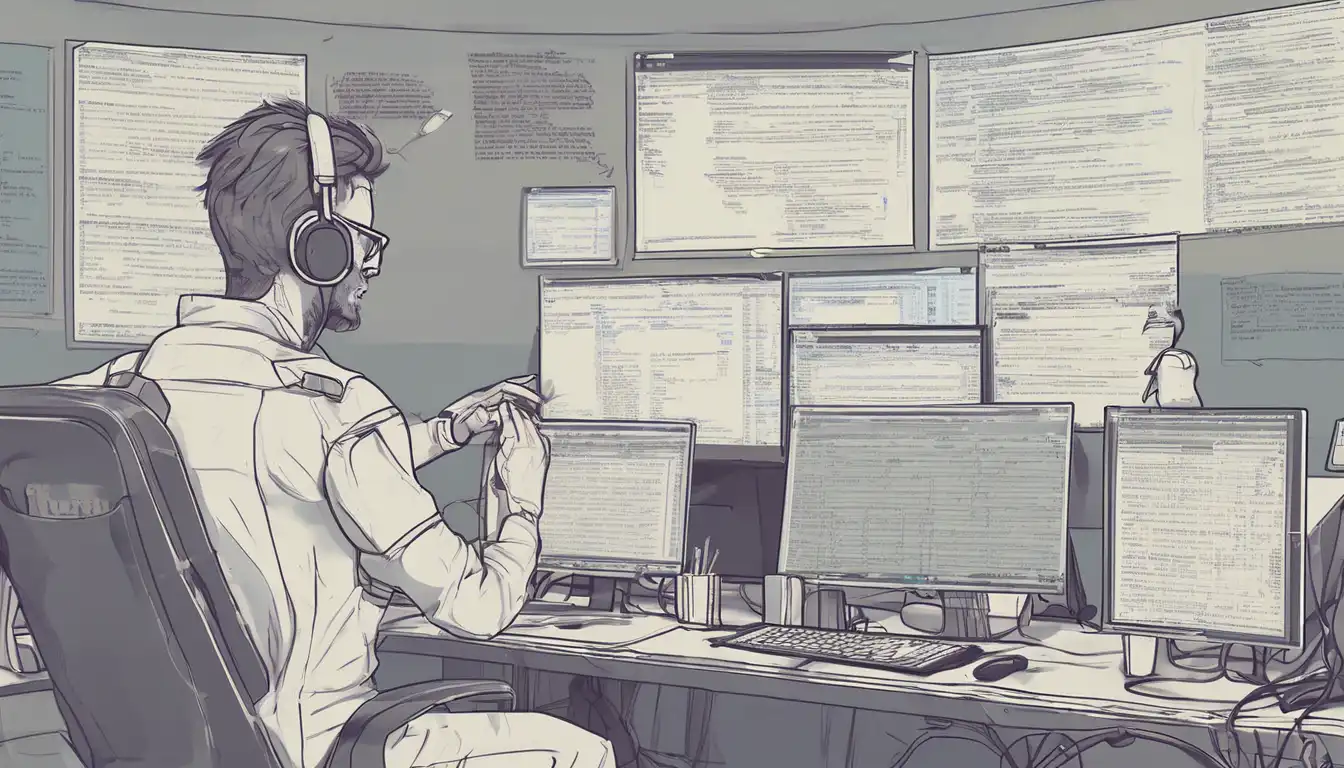Introduction to Professional Code Debugging
Debugging is an essential skill for any programmer, yet many struggle with it. This guide will walk you through the steps to debug your code like a pro, ensuring you can identify and fix issues efficiently.
Understanding the Basics of Debugging
Before diving into complex debugging techniques, it's crucial to understand the basics. Debugging is the process of identifying and removing errors from your code. These errors can range from syntax mistakes to logical errors that affect the program's output.
Setting Up Your Debugging Environment
A proper debugging environment is key to efficient problem-solving. Most Integrated Development Environments (IDEs) come with built-in debugging tools. Familiarize yourself with these tools, as they can significantly speed up the debugging process.
Step-by-Step Debugging Techniques
Here are some professional techniques to debug your code effectively:
- Break Down the Problem: Isolate the section of code where the error occurs. This makes it easier to identify the root cause.
- Use Print Statements: Sometimes, the simplest way to debug is by inserting print statements to track variable values and program flow.
- Leverage Debugging Tools: Utilize tools like breakpoints, step execution, and watch expressions to monitor your code's behavior in real-time.
- Check for Common Mistakes: Many bugs are due to common oversights, such as off-by-one errors or incorrect loop conditions.
Advanced Debugging Strategies
For more complex issues, consider these advanced strategies:
- Binary Search Debugging: If you're unsure where the bug is, divide your code into sections and test each one separately to narrow down the problem area.
- Peer Review: Sometimes, a fresh pair of eyes can spot mistakes you've overlooked. Don't hesitate to ask for help.
- Automated Testing: Implementing unit tests can help catch errors early in the development process.
Common Debugging Pitfalls to Avoid
Even experienced developers can fall into common debugging traps. Avoid these mistakes to save time and frustration:
- Assuming Instead of Verifying: Always verify your assumptions with evidence from the code.
- Ignoring the Error Messages: Error messages are there to help you. Read them carefully to understand what went wrong.
- Overcomplicating the Solution: Sometimes, the simplest solution is the correct one. Don't overengineer your fixes.
Conclusion
Debugging is a skill that improves with practice. By applying these techniques and avoiding common pitfalls, you'll become more efficient at identifying and resolving code issues. Remember, the goal is not just to fix the bug but to understand why it occurred in the first place.
For more insights into programming and software development, check out our other articles on coding best practices and software development tips.
